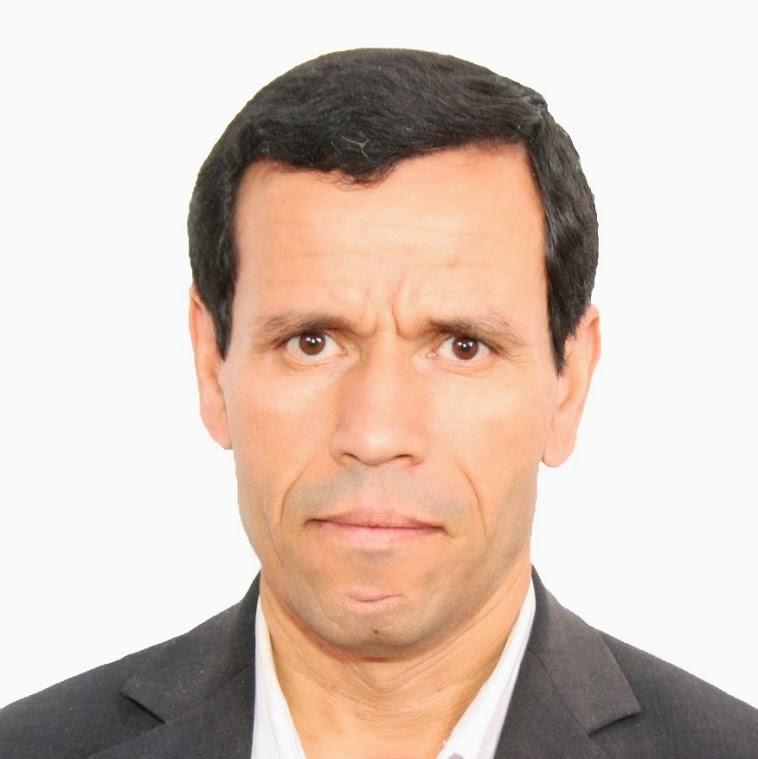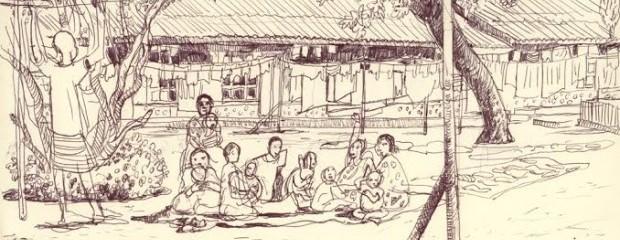Why Tunisia is not Egypt – By Mourad Teyeb

 Following recent events in Egypt, in Tunisia there have been some calls, mostly from minor opposition groups and individuals, to rebel against the country’s governing Troika. Many in the country are now wondering whether the recent Egyptian scenario is applicable to Tunisia.
Following recent events in Egypt, in Tunisia there have been some calls, mostly from minor opposition groups and individuals, to rebel against the country’s governing Troika. Many in the country are now wondering whether the recent Egyptian scenario is applicable to Tunisia.
For me, as for many analysts, the opposite is true: Tunisia has already witnessed at least two coup attempts in the last couple of years – 9 April 2012 and 6 February 2013, the day of Chokri Belaid’s assassination.
Both attempts were aborted for two reasons:
- The Islamists in power and their CPR and Takattol allies, thanks to their popularity on the ground and due to the support of LPR groups (Revolution Protection Leagues, pro-Ennahdha) succeeded in containing the events and even turning them to their benefit
- The army in Tunisia has avoided any direct or indirect interference in politics.
Through a big effort made by former Interior minister, and present PM, Ali Larayedh in purging the security services from corrupt and highly dangerous officials, the governing Troika in Tunisia succeeded in neutralising a vital player: the police. The government now enjoys the support of both the army and the police (which Morsi and his government failed to achieve).
“Inclusive”, rather than majoritarian, political order
Ennahdha, the leading Islamist party, chose from the beginning to share the power with two serious and recognised secular, left-wing political parties. On many occasions, Ennahdha agreed to deal with their opponents, even those who overtly and fiercely rejected any role Islamists could play in the country. The biggest and most powerful opposition party, Nidaa Tunis, was created during the rule of the Troika. Although they have always stood on opposing extremes, and despite the tension that marked their relationships, neither Ennahdha nor Nidaa publicly adopted policies that exclude one another.
Ennahdha also made remarkable political and ideological concessions, mainly regarding the Constitution (now being debated by the Constituent Assembly). It voted against Sharia Law in the constitution and against the criminalization of the normalization of ties with Israel. And the Troika agreed to “neutralise” key ministries when appointing the Larayedh cabinet.
Through these measures, the Tunisian government managed to reduce potential criticism over “˜despotism’, but it also succeeded in involving the largest political actors in the debate and decisions over democratic transition.
And with the Constitution draft today ready to be voted on by the NCA, the Troika succeeded in involving the Tunisian people in the democratic decision-making process and convincing the international community of its sustainability.
Unlike Tunisia, Morsi and the Muslim Brotherhood (MB) failed to involve their competitors in the democratic process. This made it easy for their opponents to unite against them, to mobilize the streets and, thus, gave an alibi to the army in its intervention.
While the opposition in Tunisia has always been divided over political issues that have appeared during the past two years, Morsi’s regime united the opposition and Fuloul and was often isolated despite support of the millions who voted for him in the May 2012 elections. And with a big part of his cabinet coming from outside the MB, he finished by facing an angry street and a very strong SCAF alone.
An improving situation on the ground
The economic situation in Tunisia has improved during 2013. Tourists are back and investors are flooding in from Turkey, the Gulf countries, the UK, US and France – the country’s most important economic partner.
That was not the case in Egypt, where little was achieved on the ground for many reasons linked both to Morsi’s performance and to the so-called “counter-revolution” forces and the corrupt heavy businesses and politicians who survived from the Mubarak era.
People in Egypt and Tunisia are already vulnerable to influence from popular politics over the objectives of their respective Revolutions – mainly the reduction of poverty and job creation. Nothing will guarantee their patience better than palpable achievements on the ground.
In Tunisia, net progress has been achieved over security, consumer prices and investment. The period of national school and university exams went smoothly and government decisions on prices ahead of Ramadan were welcomed by the people.
This has not been the case in Egypt. The challenge was admittedly much greater and more complex than in Tunisia – partly, at least, because of the population numbers.
When the opposition was resurrected against his rule, helped by enormous media propaganda, Mohamed Morsi appeared to have no concrete defence. His insistence on legacy and legitimacy did not convince many Egyptians, nor his “ex-allies”, such as the EU and the US government.
Tunisia‘s successful PR
The ruling Islamist party in Tunisia multiplied efforts, including successful PR actions, to convince the Europeans and the Americans that they are a moderate party and that they are the biggest defenders of democracy.
Only last week, PM Larayedh was in Brussels and Germany. Many Western leaders have visited Tunisia in the last past year-and-a-half – the most recent being France’s Franí§ois Hollande. And a lot of high-profile business, political and social events have been organised in the country, with a remarkable participation from the traditional defenders of Liberalism and Secularism.
On May 31, the Saban Center for Middle East Policy at Brookings hosted Rached Ghannouchi, co-founder and president of Tunisia’s Ennahdha Party, for a special address on the future of Tunisian Democracy.
Direct contact and exchange visits of high-ranked officials has helped Tunisia diffuse a positive image of its democratic transition and the 2013 World Social Forum (held in Tunis) communicated an image of a stable, modern and prosperous Tunisia.
Morsi and the MB claim to be pro-democracy, too. But they were so caught in every-day problems (without resolving any of them) that they forgot to express their intentions and explain their strategies to their Western partners and the wider international community.
Unlike Egyptians, Tunisians have historically been pro-peace and stability. They are today so keen to see the transition period over that they seem very unlikely to respond to the voices calling them to “˜rebel’.
Finally, whether Tunisia will witness similar rebellion or not will be, to my mind, decided to a large extent by the outcomes of the Egyptian “Coup”.
Ordinary Tunisians have always rejected all forms of violence, those perpetrated both by Islamist and secular groups and individuals. People’s reactions to Ansar Al-Sharia events last May confirm that and recent calls by the Popular Front (a coalition of left-wing radical groups) for demonstrations and sit-ins over the last two weeks were a failure.
With events in Egypt turning to deadly clashes, Tunisians will think very hard before supporting any action against the democratic process in their country.
Mourad Teyeb is a Tunisian journalist.





